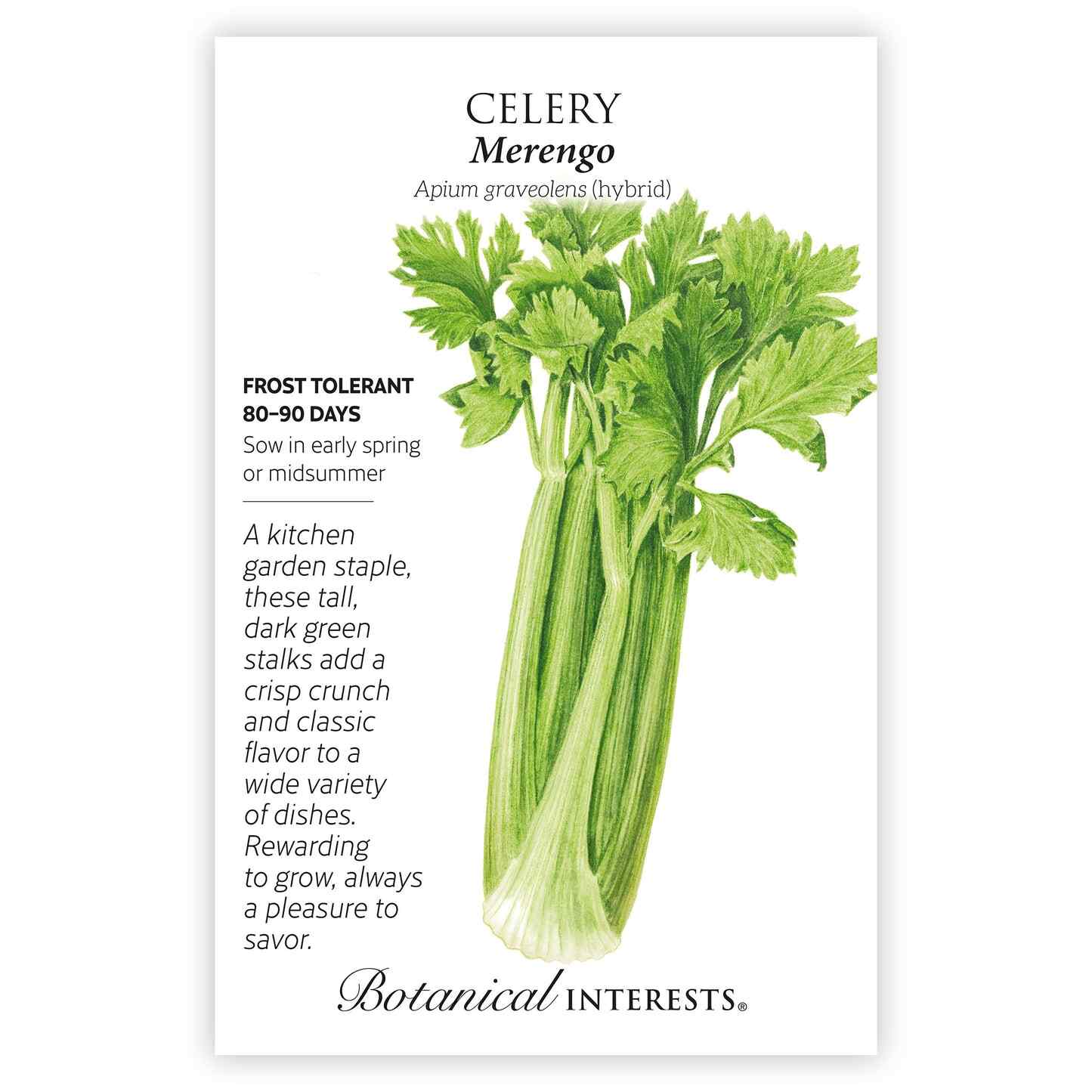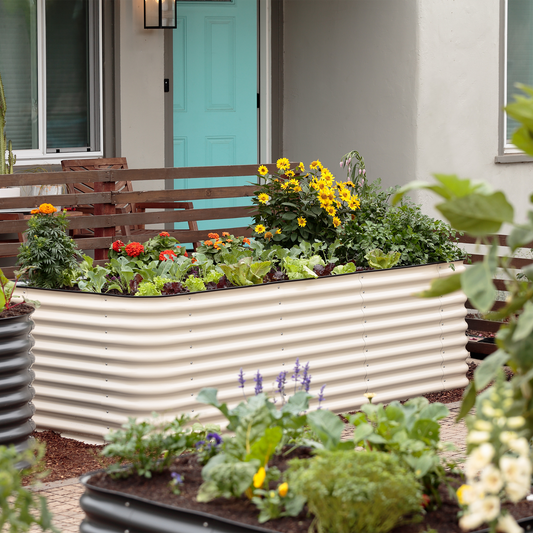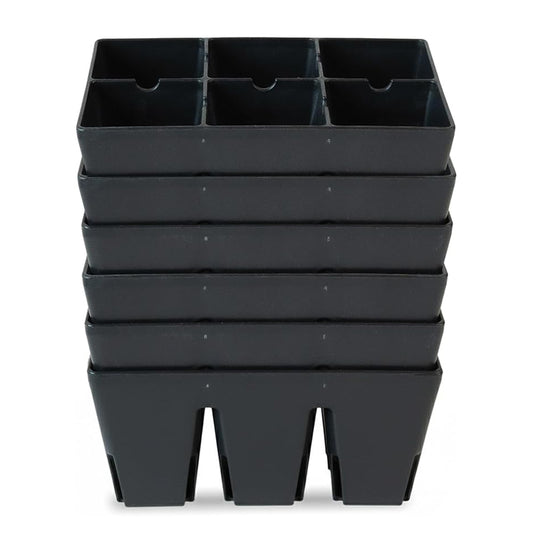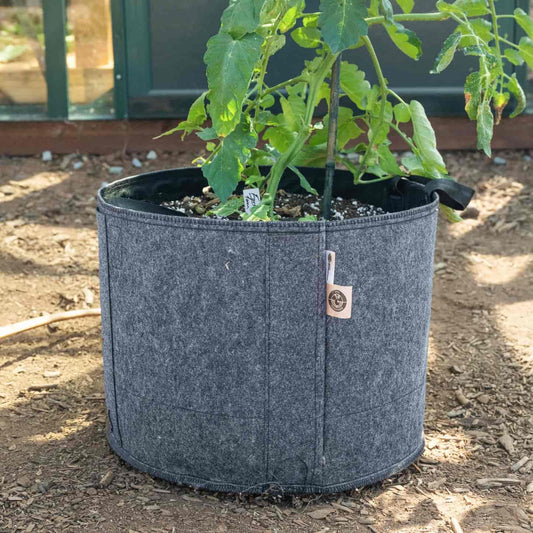


Your hardiness zone is
- Variety Info
- Sowing Info
- Growing Info
Variety Info
Days to Maturity: 80-90 days
Family: Apiaceae
Native: Africa, Asia, and Europe
Hardiness: Frost-tolerant biennial grown as an annual
Exposure: Full sun to part shade
Plant Dimensions: 10"-30" tall, stalks 10"-12" and 4" wide
Variety Info: Tall, dark green, thick, smooth stalks (leaf petioles)
Attributes: Frost Tolerant
Sowing Info
When to Sow Outside: Recommended for mild climates only. 1 to 2 weeks before your average last frost date, and when soil temperature is at least 50°F, or in fall for cool-season harvest.
When to Start Inside: RECOMMENDED. 10 to 12 weeks before your average last frost date for spring harvest, or 10 to 12 weeks before transplanting outdoors for fall crop. Biodegradable pots minimize root disturbance at transplanting. Optimal soil temperature for germination is 70°-75°F.
Days to Emerge: 15-30 days
Seed Depth: Press into surface
Seed Spacing: A group of 3 seeds every 6"-12"
Row Spacing: 24"-36"
Thinning: When 1" tall, thin to 1 every 6"-12"
Growing Info
Special Care: In areas where summers are hot, mulch and shade from the afternoon sun. Blanching celery plants produces lighter colored, sweeter stalks, though less nutritious. Blanching is accomplished by blocking sunlight from the stalks (not the leaves) for 2 to 3 weeks before harvest time. You can gently wrap the celery bunch with a brown paper bag tied in place with garden twine or raffia, use a cut open paper milk carton to act as a "sleeve," or build up the soil to about a third of the way up and repeat this process each week until reaching the base of the leaves. Persistent temperatures below 55°F may cause bolting, a reason some gardeners find sowing for fall harvest more successful.














